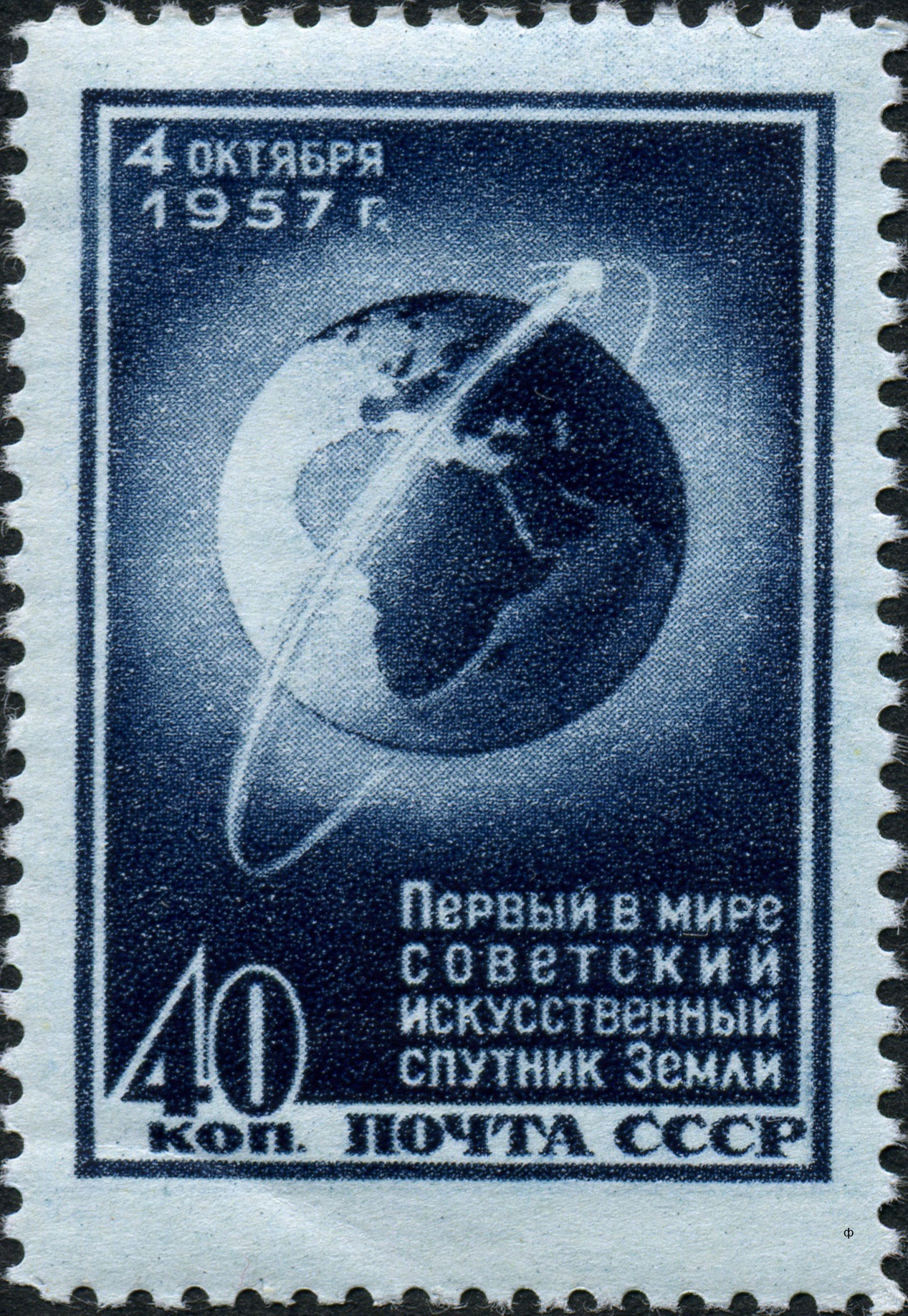
All capital invested in the military is waste as Veblen and Galbraith have pointed. It is the creative destructive aspect of capitalism as Schumpeter called it. Military spending destroys capital, both excess production and workers.
And government waste rises with the increase in investment in military spending. Investment in social programs on the other hand are attacked by the right as spending and waste rather than what it really is investment in social capital.
Ah the joy of being part of the NATO Military Industrial Complex.How much happiness does big money buy the military? A lot less than it hoped.
Even after Liberal and Conservative cash injections, the forces are struggling to rebuild and renew while fighting a very different and difficult 21st century war. Equally worrying for the department, the consensus that led successive governments to boost spending to modern highs is cracking as other political priorities emerge.
Senior government officials and academics confirm entrenched problems aren't evaporating with a budget that will top $18 billion next year, some 27 per cent higher than before 9/11, according to a report released this week.
Its highest since World War II and more than 100 times higher than federal spending to combat homelessness.
While our troops are fighting the war in Afghanistan, the defence department spent $32 million last year on -- furniture
SEE
The Tory Nanny State
Canada Celebrates Star Wars
The Budget Item Flaherty Forgot
State Capitalism Quebec Style
Defense Lobbyist Now Minister
Derek Burney Voice of America
Contracting Out Is A Crime
Guns and Butter for Conservatives
Liberals Military Heritage
Canada's State Capitalist Success
Job Protection for

Find blog posts, photos, events and more off-site about:
military, helicopters, commorants, Snowbirds, Tudor, aircraft, Military-Industrial-Complex, Liberals, Harper, Trudeau, Chretien, Mulroney, Conservatives, government, military-spending, submaries, SeaKing, helicopters, Armed-Corced, Canadian-military


